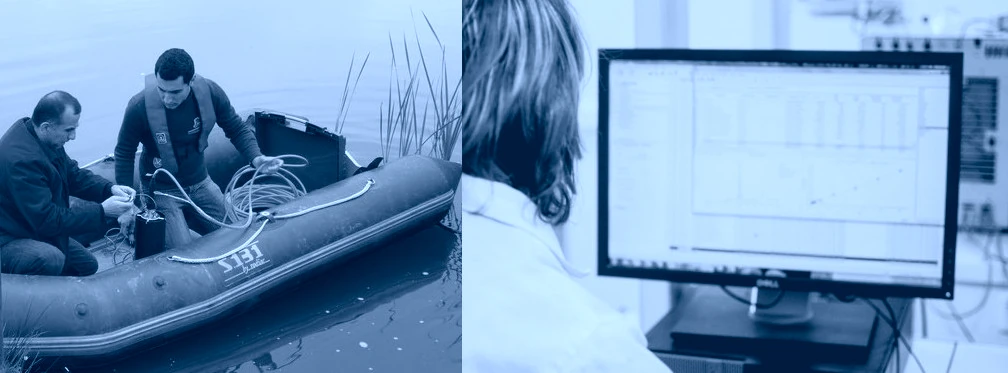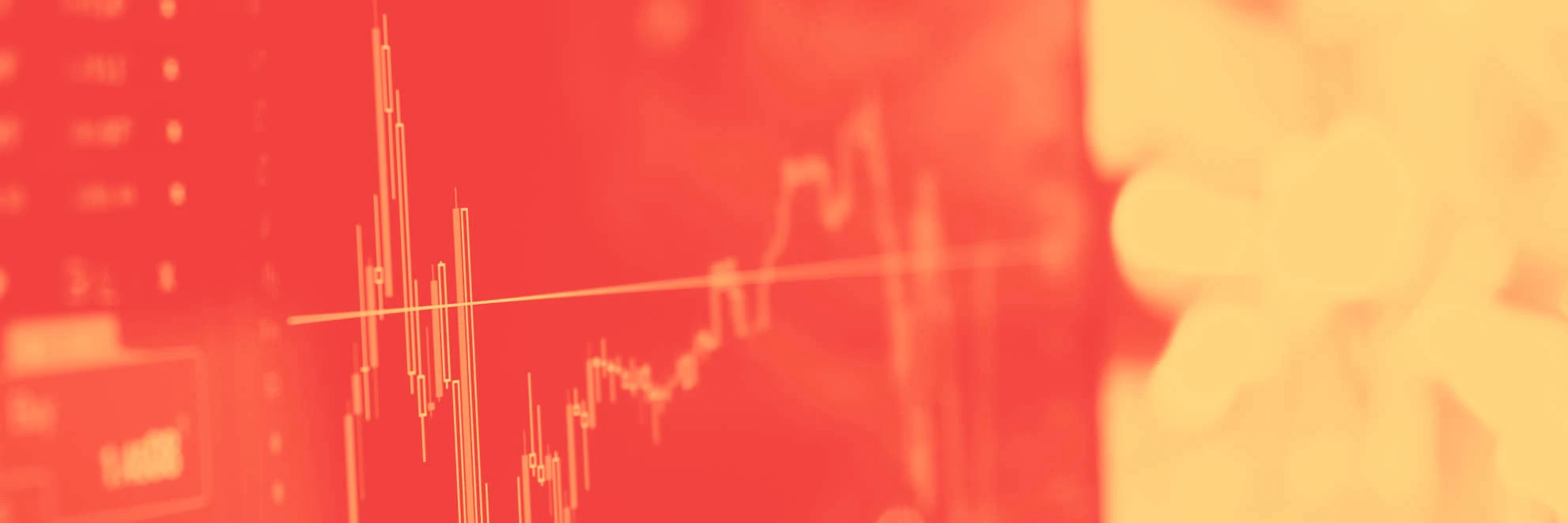Scientific background
Numerous compounds of emerging concern (CECs) are found in urban waters but their fate in wastewater treatment plant and in the environment are still scarcely known. The analysis of CECs is typically done by targeting specific molecules but the development of high-resolution mass spectrometry (HRMS) enables non-target screening analysis and the identification of unknown molecules. Current methods for non-target screening of CECs and the identification of unknown molecules are time-consuming and require several steps and extended check before confirmation. Proprietary softwares are limited for this type of applications and open source softwares and algorithms are currently under development. Statistical approaches and global characterization methods can be developed to track the pollutants in urban waters.
Framework of the project
This internship will be a part of the WaterOmics project (2017-2021), financed by the National Agency for Research (ANR, France). This project, entitled “Tracking organic micropollutants in urban waters by high-resolution mass spectrometry: omics approach, fingerprint and indexes” is divided in three tasks:
- Developing analytical methods from the extraction to the analysis of urban waters by HRMS
- Developing data treatment methods for the characterization of pollutants
- Application of the developed methods to urban waters
The project uses the analytical instruments of the Prammics platform, particularly liquid chromatography coupled to HRMS (Waters Vion – UPLC-IMS-QTOF). A PhD thesis is currently ongoing (Nina Huynh).
Objectives of the internship
The internship will be part of task 2 (development of the data treatment tools) and will be in close collaboration with the PhD student working on the project. The objectives are to:
- Carry on the development of an application (R/Shiny) for the processing of data from HRMS
- Use open-source softwares and packages (e.g., xcms, PatRoon) and adapt the results to the project needs (especially extract generated raw formulas).
- Develop data analysis methods and graphic methods for the characterization of pollutants based on existing methods (e.g. mass defect, Van Krevelen diagrams…)
Profile required
Chemometrics, bioinformatics or programming background:
- Knowledge in statistics and associated softwares (e.g. R)
- Skills in programming and ease with the use of various programming languages (e.g. R, python)
- Ease in writing reports
Type of internship
- Start: march/april 2020
- Duration: 5-6 months
- Send CV and letter of application to Julien Le Roux and Nina Huynh
- Internship fee: 450 € / month
- Location: Université Paris-Est Créteil, Laboratoire eau, environnement, et systèmes urbains (LEESU), 61 avenue du Général de Gaulle, 94010 CRETEIL Cédex, France
Project leaders : Julien Le Roux and Régis Moilleron

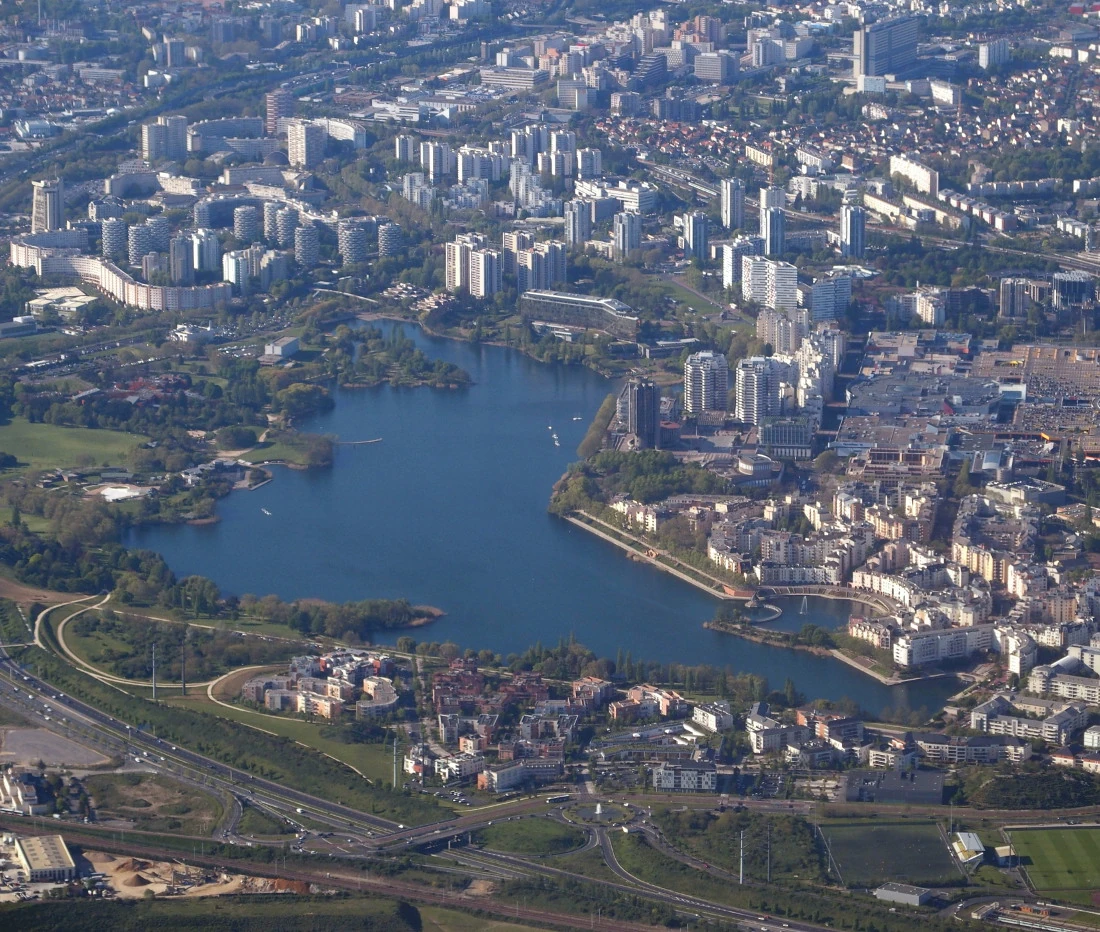
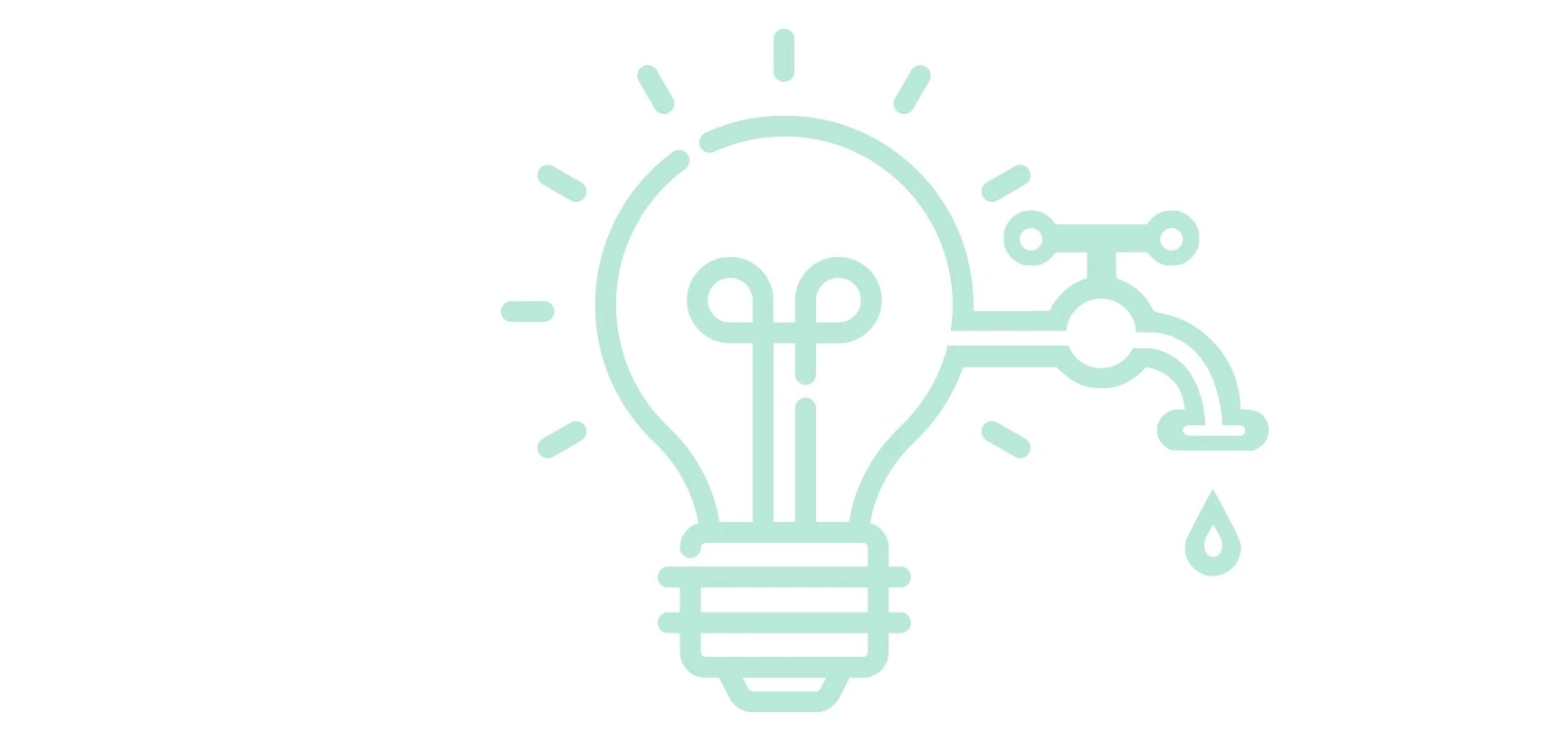
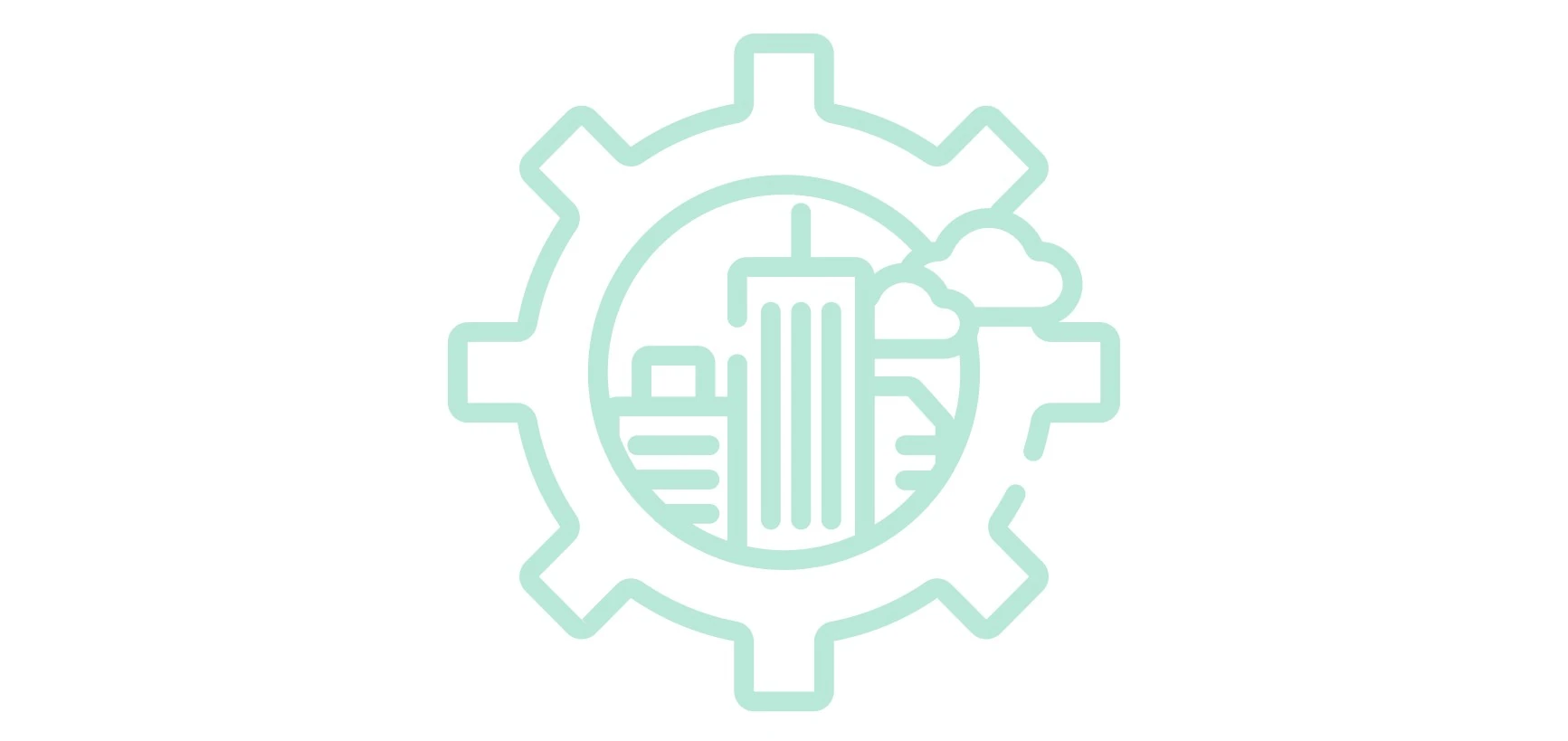

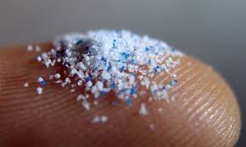
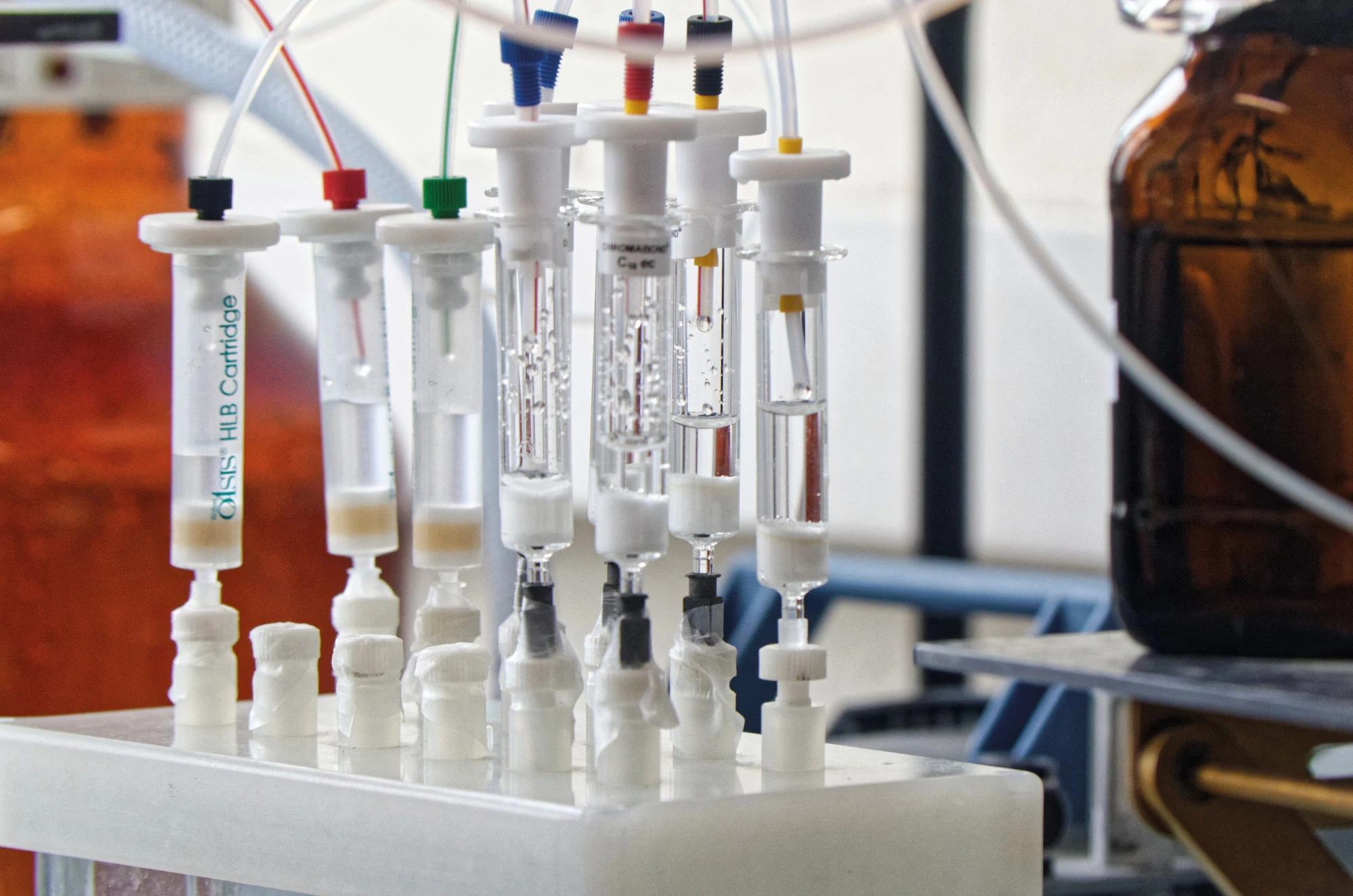
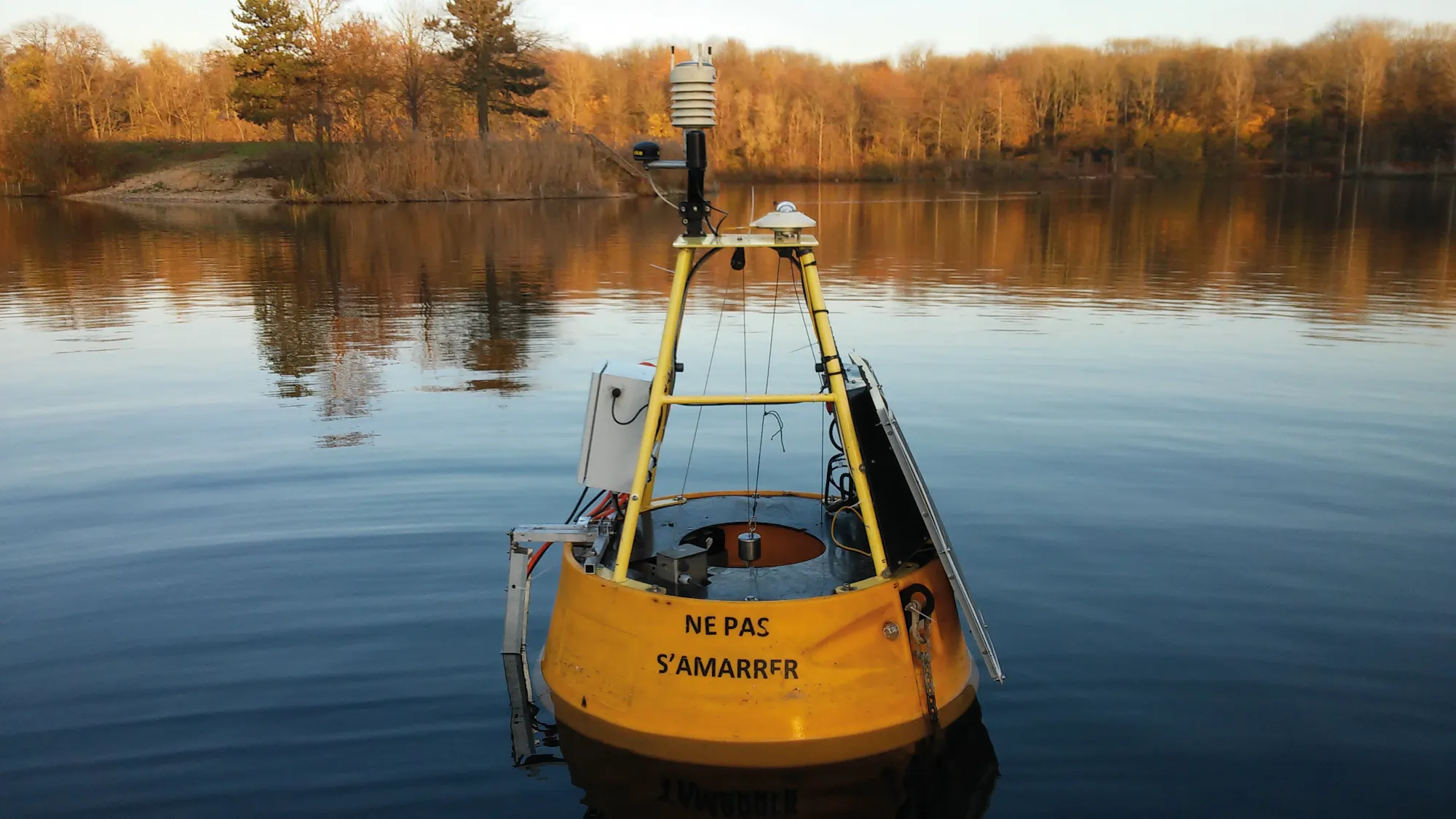
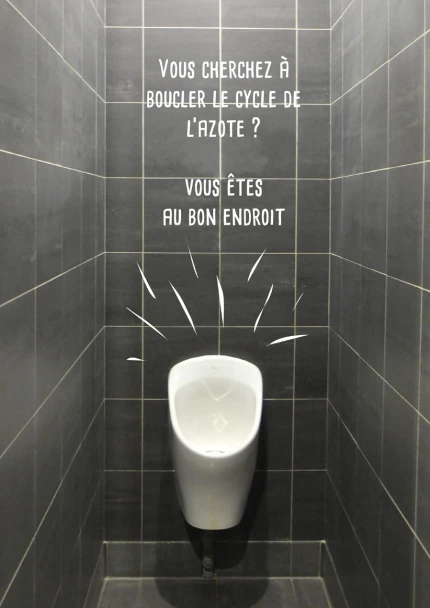
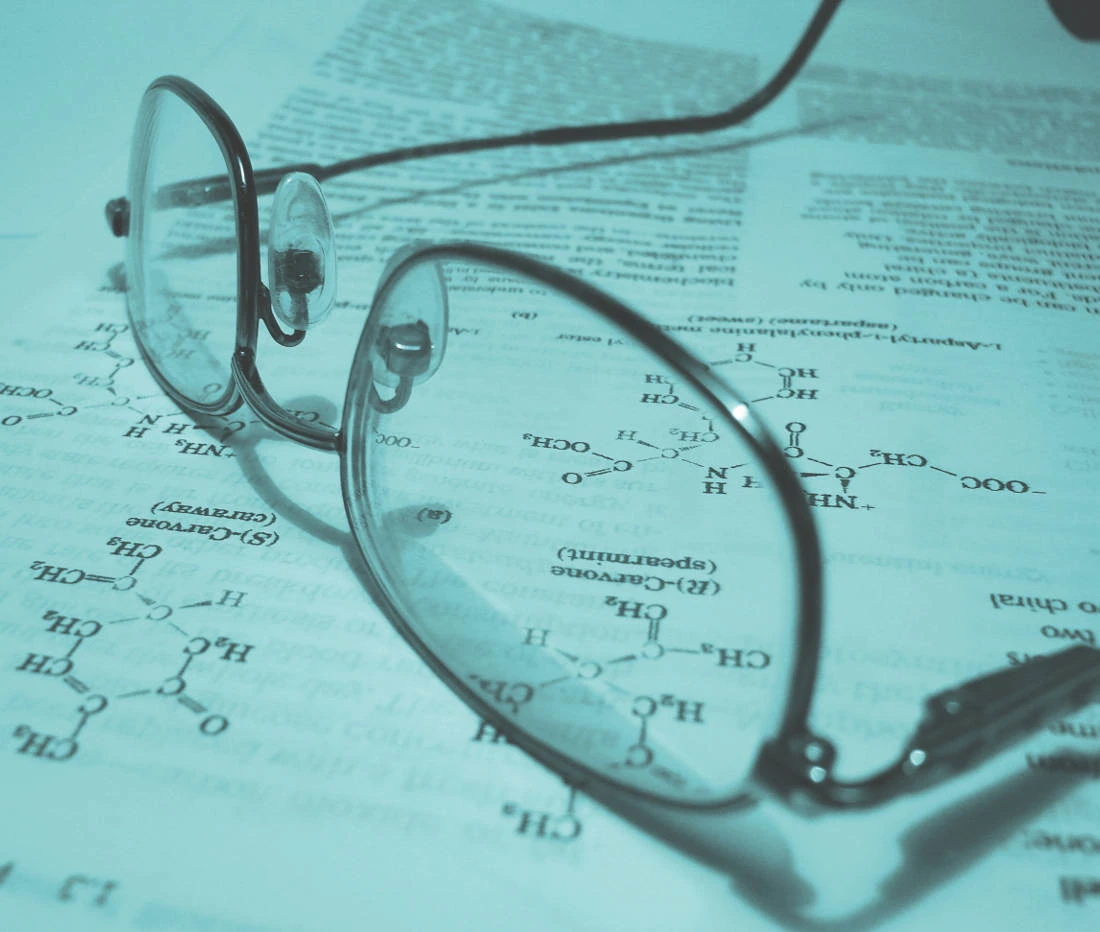 Scientific production
Scientific production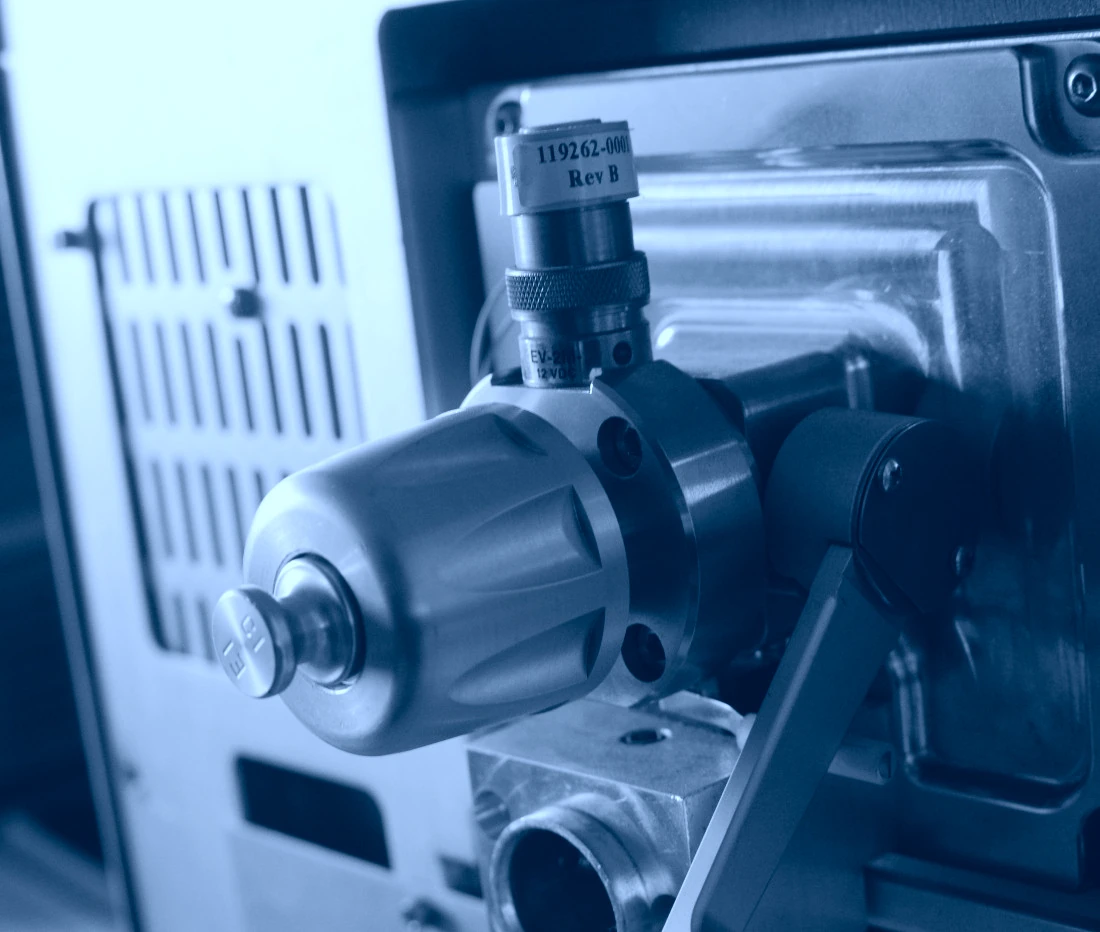 Technical resources and equipment
Technical resources and equipment Expertise and disciplines
Expertise and disciplines
